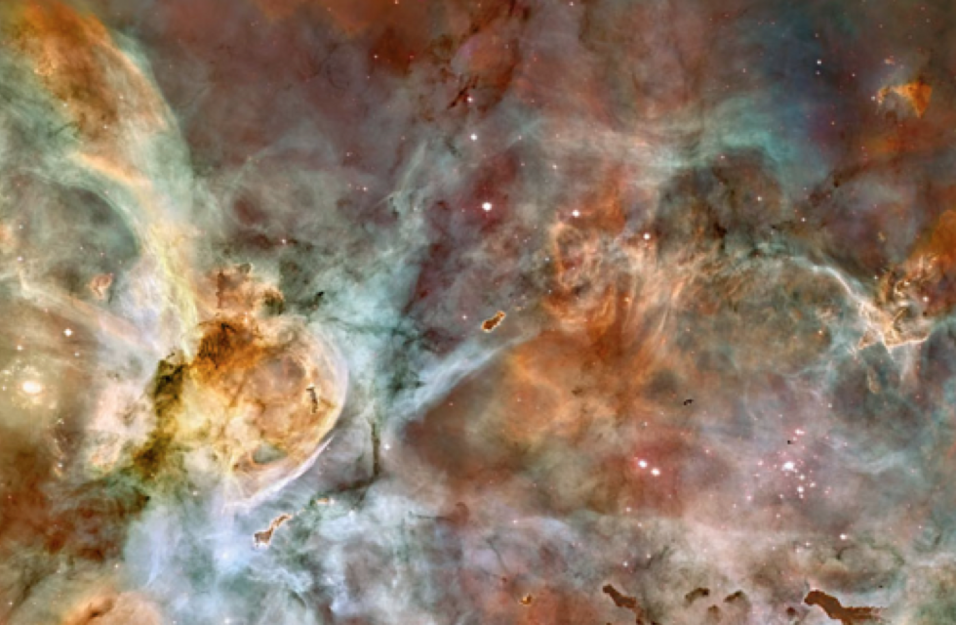Started in March 2021, NEMESIS is an EU H2020-funded project aiming to scrutinize the current scenarios describing the formation of stars by employing artificial intelligence methods to interpret the largest, panchromatic data collection of young stellar objects. To achieve this, scientists from the universities of Vienna and Geneva, as well as the Konkoly Thege Miklós Astronomical Institute in Hungary plan to create the largest database of young stars recorded in the sky to date. This information, coming from a large number of very diverse astronomical observatories, will be analyzed using machine-learning techniques. Capable of efficiently processing large amounts of data, machine learning algorithmes will make it possible to refine, and eventually redefine, our understanding on the main phases governing the formation of stars and planets.
Novel Evolutionary Model for the Early stages of Stars with Intelligent Systems (NEMESIS), led by Dr. Odysseas Dionatos at our institute, is planned to run until 2025. The project has secured a sum of ~€1.7 million, which, along with the support of additional funding resources, renders it as one of the leading efforts in its field.
Links
NEMESIS - Novel Evolutionary Model for the Early stages of Stars with Intelligent Systems


